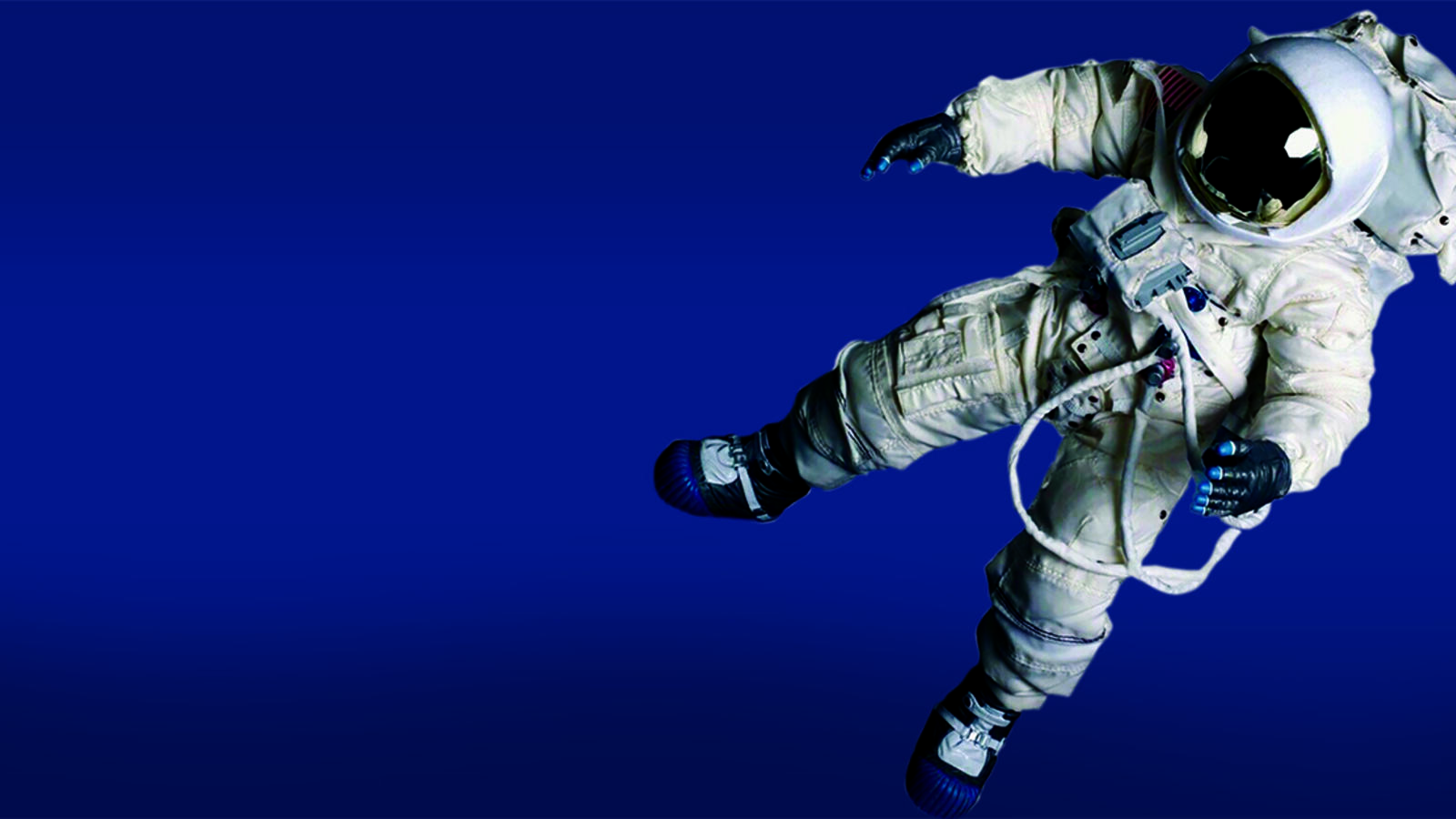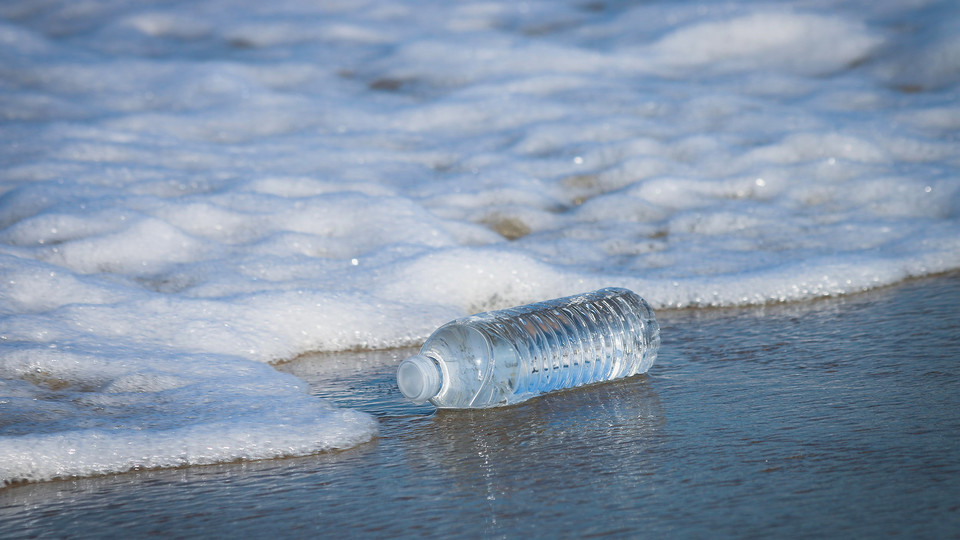
Head Case
Could I Have Been An Astronaut If I Didn't Have Migraines?
By Jennifer (Jennie) Latson
Could I Have Been An Astronaut If I Didn't Have Migraines?
This article originally appeared in the New York Times as "Migraines and Me: A Love Story?"
I’m kind of a big deal on the migraine clinical trial circuit. Researchers love me, if only for the prodigious number of migraines I get: 10 to 12 a month on average.
“This is fantastic,” the coordinator of my latest drug trial said when I showed him the headache diary I’ve been dutifully keeping for years. “This is great data.”
“Great for you,” I said. For me, it represents roughly a third of my life spent in the grip of migraines, including three or so days a month when I am bedridden with crippling pain and intense nausea.
I’ve tried more than a dozen existing migraine prevention medications and participated in a number of clinical trials for new ones. None of these drugs have helped; some have really hurt. All were designed to treat other maladies and then repurposed for migraines after patients taking them for hypertension or seizures or bipolar disorder reported a coincidental improvement in their headaches.
This trial, which I started in August, is the first time I’ve taken a drug designed specifically for migraines. It targets calcitonin gene-related peptide, a neurochemical that makes blood vessels swell, which people with migraines apparently produce too much of.
For the first time in my life, a drug seems to be helping. And the worst side effect so far has been extreme hopefulness — though this hope has come with unexpected complications. After years of experimenting with migraine drugs, I no longer worry that a new medication won’t work; that’s what always happens. What I noticed this time was a new worry: What if this one does?
I had my first migraine when I was 12 — then another, then another. At first, I didn’t know what they were. My parents thought I was just unusually susceptible to the flu, a condition they hoped, and I assumed, I’d outgrow. As a driven, overachieving teenager, I believed that all doors were open to me, career-wise. Astronaut. Surgeon. First female president.
It wasn’t until my freshman year at Yale that my migraines were diagnosed, and it dawned on me that I wasn’t going to outgrow them. Doors began to close. Having to lie down for days at a time seemed to rule out a job in which people’s lives depended on my showing up to work — so surgery was off the table. I also suspected that chronic migraines would undermine a presidential candidate long before Michele Bachmann’s headaches made headlines. I became a journalist instead.
For more than 20 years now, migraines have played a central, if unwelcome, role in my life, like the obnoxious sibling I never had. They’ve also helped shape me into who I am. They gave me my high pain tolerance and made me a pro at projectile vomiting — a talent that earned me the family nickname Barferina. And now that I’m facing the tantalizing prospect of getting rid of them forever, I’m starting to realize that I can’t even picture my life without them. Who would I be, after all, if not Barferina, stoically doing the best I can in spite of my migraines?
The emergence of a wonder drug would be bittersweet for multiple reasons. It would mean that had it come along earlier, I could have been an astronaut. And if the solution is really this simple — your body makes too much of this peptide, so here’s a drug that inhibits it — I’d struggle to understand why it took so long to develop.
But a cure would also be a new burden. Saying I’ve done my best “in spite of my migraines” lets me off the hook for anything I haven’t done, like becoming the first female president. If this migraine drug works, nothing will be stopping me from doing great things — which will also take away my excuse for not doing them.
Then again, what if the migraines actually helped me achieve what I have so far? Scott Sonenshein, a professor at Rice University’s Jones Graduate School of Business, argues that we can accomplish more when our resources (in my case, health) are scarce than when they’re unlimited. “Constraints can motivate us to be resourceful, act in more creative ways, and solve problems better,” he writes in his book Stretch.
It’s true that migraines have taught me valuable skills. I’ve learned to get my work done well ahead of deadlines, lest a migraine derail me at the last minute. I’ve learned how to push through pain when I have to — and to be kinder to myself the rest of the time. I’ve learned how to ask for help when I need it. Will a headache-free me be less responsible, less diligent? Or will I push myself harder, knowing that I’ll no longer end up in disabling pain from overexertion? I have so many questions for this possible future version of myself. (And one for NASA: How old is too old for astronaut training?)
Of course, if an identity crisis is the price I have to pay to end the debilitating brain pain, I’ll gladly pay it. I’ve spent decades dreaming of a cure, often while lying in a dark room with a bag of frozen peas pressed to my face. The surprise is that I’d feel any nostalgia for those days at all. But I realize now that if Barferina goes, part of me will miss her.
Jennifer Latson is a staff writer and editor at Rice Business and the author of The Boy Who Loved Too Much.
Never Miss A Story


